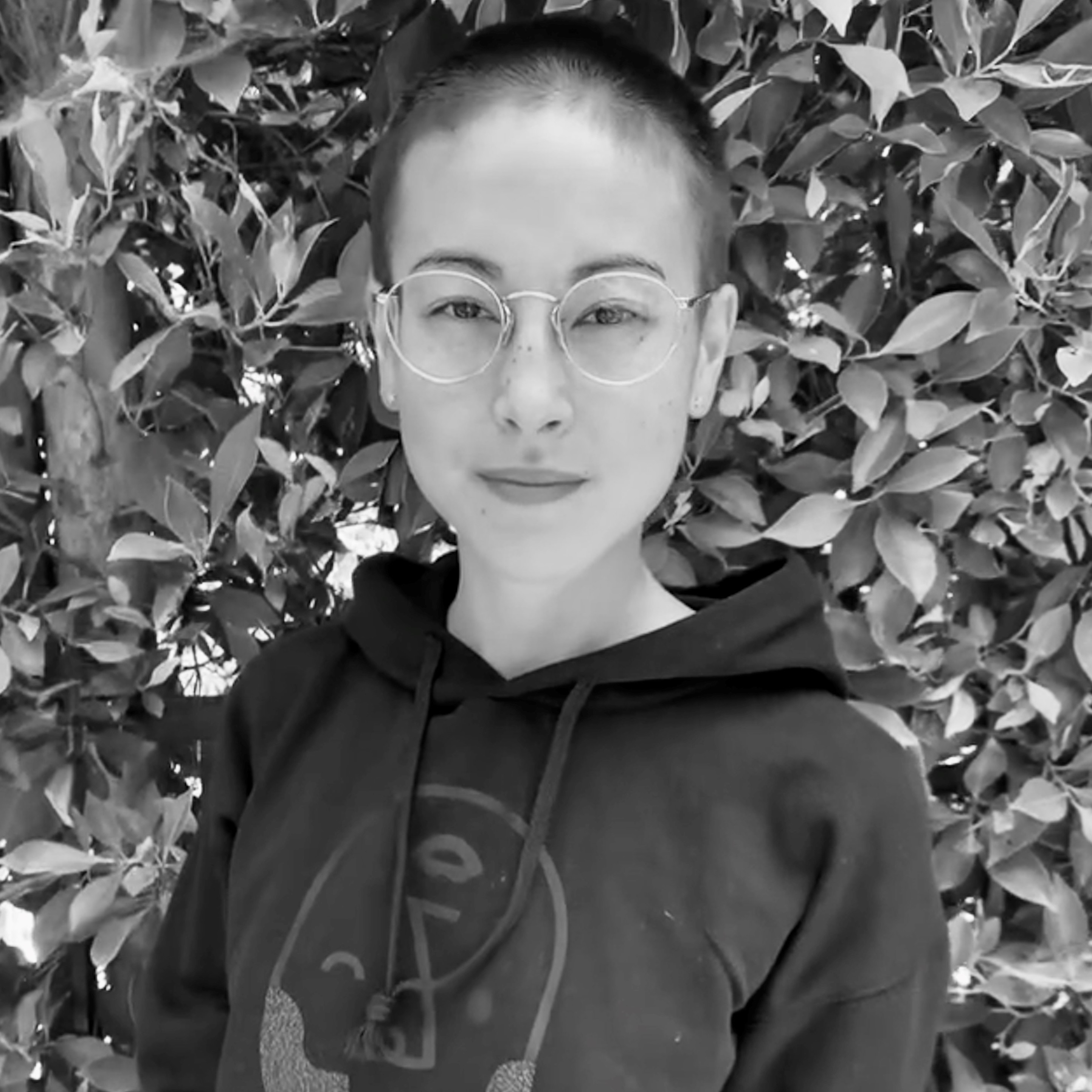Katy Nishimoto of the Dial Press
Try to maintain a balance between input and output. Whether writers feel uninspired, burned out, or overwhelmed—or they feel like every sentence they’re writing is pure gold—my constant refrain is, “Take a break. Do something that has nothing to do with this book.” It is ineffective and spiritually draining for creators (or anyone, really) to be in a one-way relationship with content; it’s so much easier to generate interesting stuff when you’re absorbing interesting stuff. The best writing I’ve seen tends to come from people who are spending just as much time writing as they are living their outside-of-writing lives and taking in books, movies, TV, podcasts, TikToks, and so on.
And to be clear, you don’t deserve a break from writing only if you’re pausing to train for the Olympics, read Proust in French, or invent a new face mask that doesn’t give everyone acne. Pain and suffering aren’t the only meaningful experiences a human being can have—something I’m still in the process of unlearning myself. This is true for me as an editor, too. I don’t think I can do my best editing when all I’m doing is editing, because I am in an echo chamber with myself and my own thoughts. For me, what’s at least as valuable as being able to articulate what’s working or not working in a manuscript, is accidentally saying some weird thing to my neighbor that I’ll wake up in the middle of the night obsessing about for the next fifty years, or remembering how virtuous I felt that one time I repotted a plant, or being gripped by paralyzing fear while I try to figure out how to transfer an out-of-state vehicle registration to California.
I’m not an editing machine, just like writers aren’t book-producing machines. All the time we spend being messy, awkward, and sometimes glorious humans contributes to our creativity, courage, and empathy, and those are the qualities that make for great writing—and great writers to work with.
—Katy Nishimoto, senior editor, the Dial Press
aer_nishimoto.jpg

